Did you know that consuming enough protein can do wonders for your hormone levels? As a key building block for female hormones, protein plays an essential role in regulating our menstrual cycles. Not only does it support the liver in detoxifying excess hormones, but protein can also help balance blood sugar levels and build lean muscle mass. It’s truly powerful. In this article, we’re diving into protein and hormone balance, as well as exploring protein-rich foods to add to your diet. As a menstruating woman, are you eating enough protein? Let’s dig in.

why women need to eat enough protein
As women, hormones play a vital role in our overall health and well-being. In fact, their importance can’t be understated. Hormones are chemical messengers that are responsible for regulating many of our body’s processes, including our menstrual cycles, mood, fertility, and so much more. While there are many factors that influence our hormone levels, one nutrient plays a particularly important role for healthy female hormones. Enter: protein. Protein provides the building blocks for many of our hormones, especially those that regulate our reproductive health.
what happens if you don’t eat enough protein?
It can lead to a number of health issues. Given that protein is essential, without adequate intake, you may experience muscle soreness, fatigue, and a weakened immune system. In turn, you’re more susceptible to illness and infection. Low protein intake can also impact blood sugar levels as protein is required for stable blood sugar. You also need protein for the formation and maintenance of strong bones. Additionally, insufficient protein intake can lead to hormonal imbalances, including irregular periods and fertility issues. In the long run, chronic low protein intake can increase the risk of malnutrition and other serious health problems.

How much protein do women need?
As with most nutrition questions, the answer is complex. There’s no universal, one-size-fits-all protein formula. Protein requirements vary based on factors like age, gender, body composition, activity level, and overall health. For most healthy adults, the recommended daily intake is approximately 0.8 grams of protein per kilogram of body weight—or around 0.36 grams per pound. This means that a sedentary woman weighing 150 pounds would require 50-60 grams of protein per day. However, most experts will agree: those numbers are far too low.
How to calculate your specific protein needs
You can calculate how much protein you need here. This will be based on your physique goals and circumstances (i.e. pregnancy, if you’re trying to lose / gain muscle mass, etc.). Once you figure out your total grams per day, divide it by the number of meals and snacks you typically eat. For most, that averages out to about 20-30 grams of protein per meal. All of that said, we can work together to establish your personalized protein recommendations. Personal trainers can help with this, too!
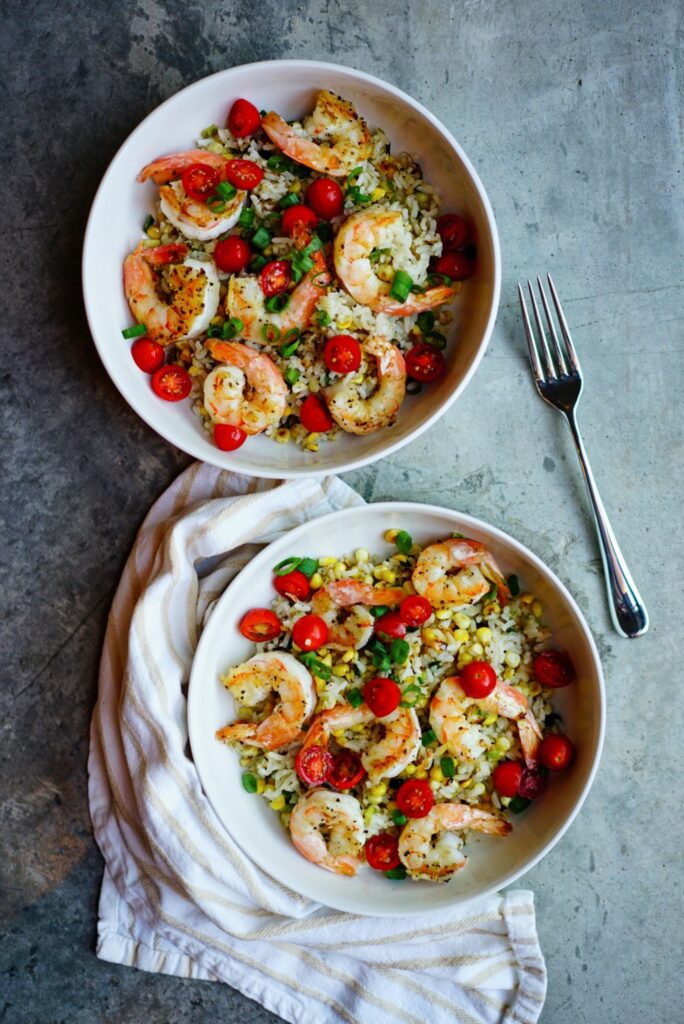
Signs you’re not eating enough protein
Not sure if you’re eating enough protein? To begin, answer these questions: Do you feel satiated after eating? Are you recovering well from your workouts? Do you feel plagued by sugar cravings all day long?Do you currently struggle with hormonal imbalances, like intense PMS or irregular cycles? These are all potential signs you’re not consuming adequate protein.
Hunger
Protein is fuel—powerful fuel. It’s one of our three sources of macronutrients, along with carbs and fats. Without enough of it, the body simply can’t function optimally. Studies show that protein is the most satiating macronutrient! In other words, it helps keep you full.
Brittle hair
All of these are made up of proteins like elastin, collagen, and keratin. Without sufficient protein, you may experience brittle or thinning hair, dry and flaky skin, and deep ridges on your fingernails.
weakness and fatigue
Research shows that just seven days of not eating enough protein can affect the muscles responsible for your posture and movement—especially as you age. Over time, a lack of protein can cause muscle mass loss, which in turn cuts your strength and slows your metabolism. Lack of protein can also lead to anemia (not enough oxygen to your cells will make you tired).
intense mood fluctuations
Your brain uses neurotransmitters to relay information between cells. And many of these neurotransmitters are made of amino acids—the building blocks of protein! A lack of protein in your diet could mean your body can’t make enough of those neurotransmitters, leading to low levels of dopamine and serotonin.
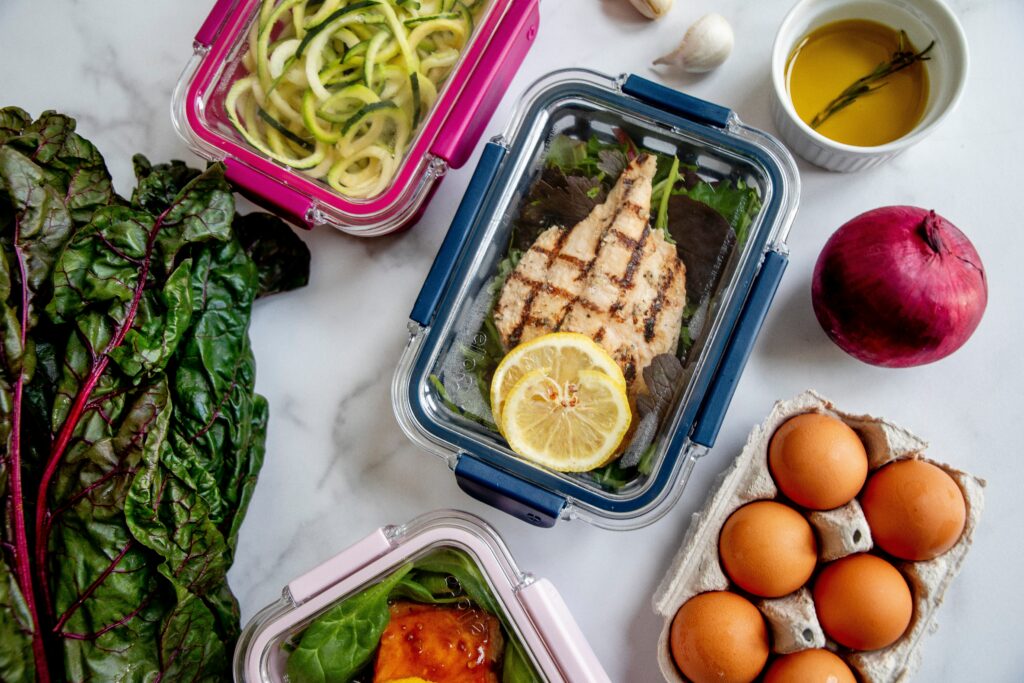
how protein supports healthy hormones
As mentioned, protein is made up of amino acids—the building blocks of many of our hormones. Adequate protein intake is essential for the production of estrogen, progesterone, and testosterone. All of these are critical for reproductive health, bone density, mood regulation, and more. One way that protein supports healthy hormones is by helping to balance blood sugar levels. When we consume too many starchy foods and sugars, our blood sugar levels spike. Over time, this can lead to hormonal imbalances. However, consuming protein with carbohydrates can help to slow the absorption of sugars into the bloodstream, reducing the risk of blood sugar imbalances and supporting healthy hormone levels. Win-win.
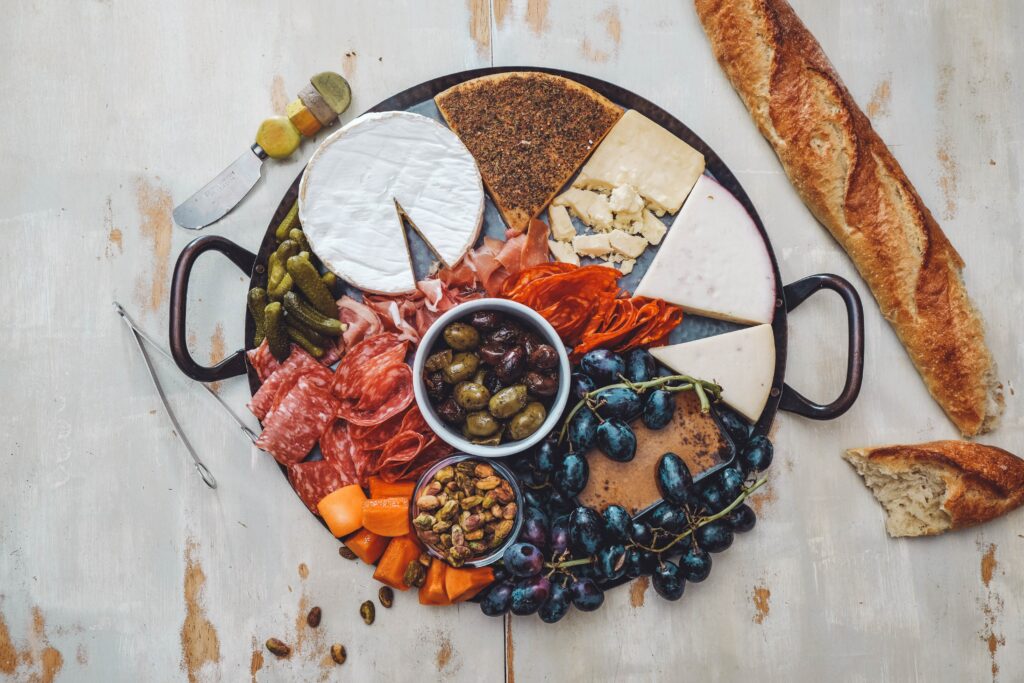
Protein and liver health
Protein also plays a crucial role in supporting the liver, which is responsible for detoxifying excess hormones from the body. Without adequate protein intake, the liver struggles to remove excess estrogen from the body, leading to symptoms like low sex drive, intense PMS, and digestive issues. Along with its detoxification role, protein is also key for maintaining and building lean muscle mass. Muscle is highly metabolic, meaning the more muscle you have, the more calories you burn. By building muscle mass—via adequate protein intake and exercise—you can support your metabolism, making it easier manage hormonal imbalances!

Will eating more protein make you bulky?
One of the most common myths about protein is the fear of getting bulky. However, this is simply not the case! Most women don’t have the same levels of testosterone as men, which is the hormone responsible for muscle growth and development. Bulking up—or gaining significant muscle mass as a woman—requires much more than simply consuming protein and lifting weights. To create an overly muscular physique, a woman would need to consume a significant amount of calories and engage in a very rigorous weight-lifting program.
What is a complete protein?
Different foods contain different amounts of essential amino acids. Animal proteins (chicken, beef, fish, and dairy) have all nine essential amino acids. These are known as complete proteins. However, there are some plant foods that contain all 9 essential amino acids: soy products, quinoa, amaranth, Ezekiel bread, spirulina, nutritional yeast, hemp seeds, and chia seeds. Other plant proteins—like beans, lentils, and nuts—aren’t quite complete proteins (but are very close).
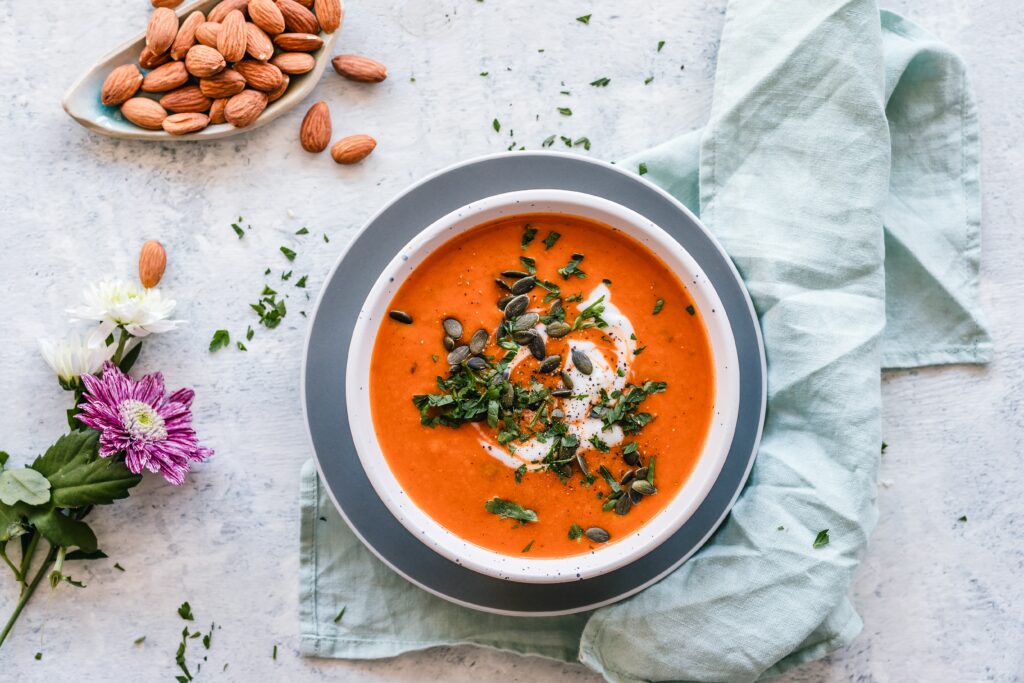
easy ways to add more protein to your diet
So, how can you ensure you’re getting enough protein in your diet? The easiest way is to include a source of protein with each meal and snack. A few examples: 2-3 eggs in the morning (warm up a few breakfast sausages, too!), grilled chicken or lentils in your salad at lunch, or a serving of fish with dinner. Greek yogurt, hummus with seedy crackers, or a handful of nuts with cottage cheese make for convenient sources of protein. Smoothies are another nourishing way to up your protein intake—thanks to ingredients like collagen peptides, whole milk, and hemp seeds!
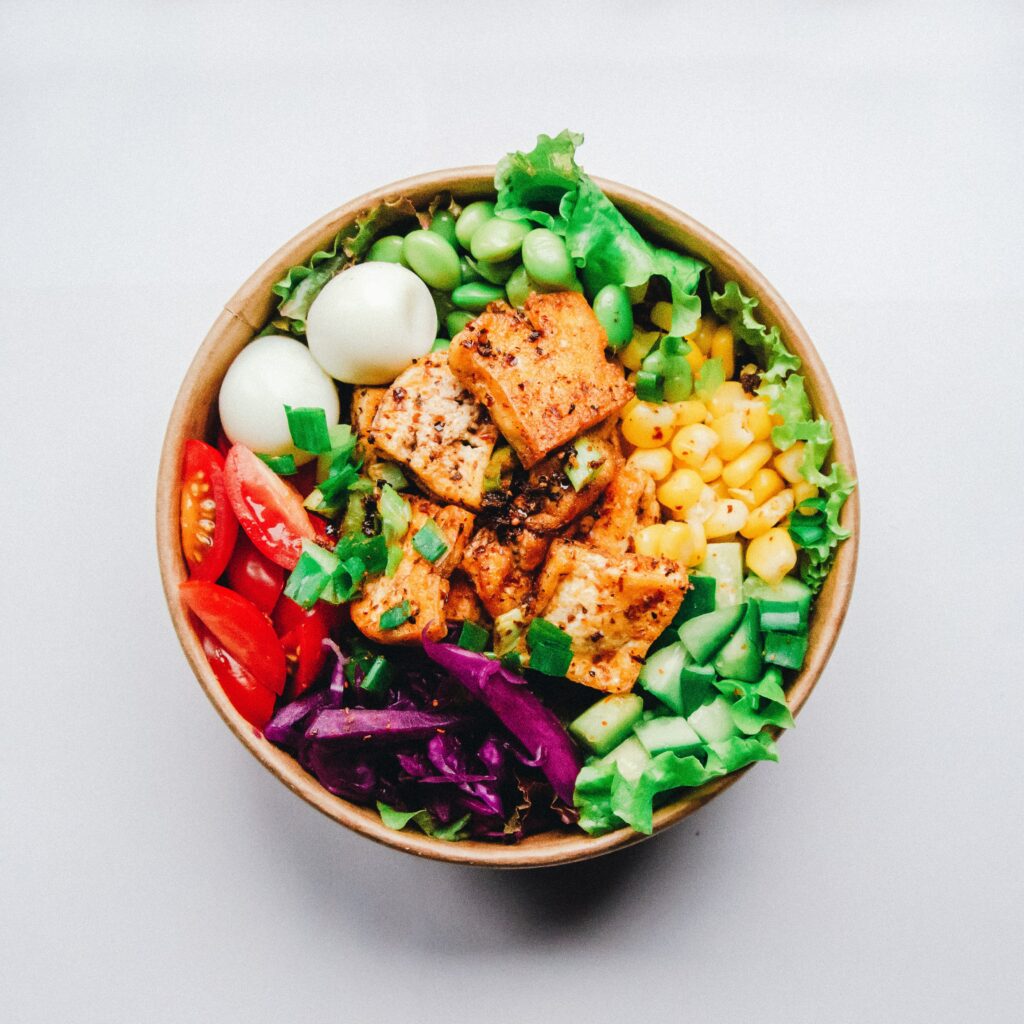
This article is for informational purposes only. It is not, nor is it intended to be, a substitute for professional medical advice, diagnosis, or treatment and we recommend that you always consult with your healthcare provider.



Leave a Reply